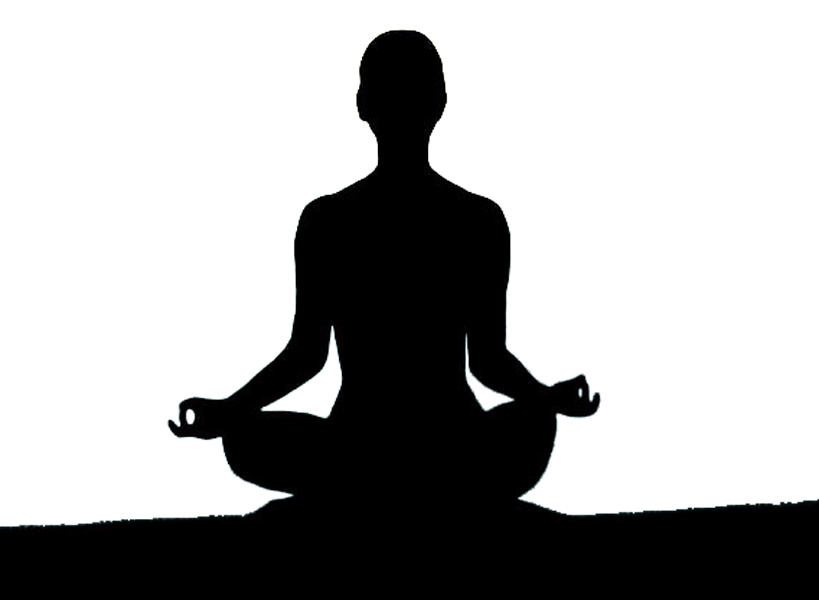
The (relatively) new field of Lifestyle Medicine (LM) is changing the way doctors and patients approach health and well-being. No more do we believe that symptomatic treatment of chronic diseases is feasible or appropriate. We need interventions that reach the source of the problem and address it. Lifestyle Medicine focuses on behaviour and lifestyle changes for the understanding of long-term management and cure. These include chronic diseases like diabetes, hypertension, depression, obesity, psoriasis and many more seemingly irreversible ones.
Lifestyle medicine is evidence-based therapeutic approach to prevent, treat and reverse lifestyle-related chronic diseases (American College of Lifestyle Medicine).
The application of medical, behavioural, motivational and environmental principles to the management of lifestyle-related health problems in a clinical setting including self-care and self-management (Egger G. Lifestyle Medicine 2011).
This is not to say that modern allopathic medicine is at odds with LM. In fact, they are complementary to each other. Allopathic medicine has taken monumental leaps in the progress of treatment of acute conditions, infections, surgical and diagnostic procedures, stellar research and the like, which have saved human lives over the years. Being an allopathic physician practising obstetrics and gynaecology myself, I am all for medication, surgery and so on, as and when required, especially in acute conditions. LM fills in the gaps in healthcare that we miss in a busy medical practice.
Today, however, we are faced with chronic diseases, which cannot and should not be managed with medication alone. We need a behavioural change from the patient’s side. Idealistic, as this may sound, we need the patient to participate in his or her own care.
Started in America as the American College of Lifestyle Medicine, LM has now spread all over the world with countries having their own independent organisations. We in India have established the Indian Society of Lifestyle Medicine. The objective is to spread the approach of looking at a patient and his/her ill-health holistically (his/her diet, exercise and movement, sleep, stress, exposure to toxins and so on) and help him/her address these issues during the recovery. It is a way of empowering patients to take their health into their own hands and influence its outcome.
Normally, as doctors we find ourselves with limited time in a busy clinic to take long case histories, have long counselling sessions or even frequent reviews. This is where lifestyle medicine helps as it is a collaborative approach between medical doctors, (who take the main responsibility for the patient), nutritionists, exercise physiologists, psychologists, fitness trainers, coaches and other allied health professionals to help manage the patient. This joint effort brings about a more holistic care under the umbrella of LM.
LM applies to every patient and every disease in different degrees and at various stages. Obviously, in an acute event (for example if an older woman has a fall), lifestyle modification is not the first line of treatment. She needs diagnosis, perhaps, surgery and medication. Once she overcomes the acute event, however, introduction of lifestyle medicine will address her underlying problems. The lifestyle changes include nutrition (perhaps she is deficient in calcium, protein or any number of nutrients), her level of frailty (as a result of muscle loss with age and inactivity can be helped with a plan of a proper exercise programme), her balance (helped by balance improving exercise modalities), and her psychological state (once a fall has occurred, people develop fear of falling again which in turn keeps them immobile, further compounding the problem). A multispecialty collaborative care model for her health will help her heal more completely.
The proposed new discipline of LM differs from other closely aligned fields in medicine, such as preventive medicine, individualised or personalised medicine, and integrative medicine. Certainly, there is an overlap in the targets of intervention, but there are also important differences in philosophy and scope of practice.
With LM establishing itself in India, we hope that more physicians will embrace it as a complementary modality to their own practice and learn the skills of addressing behavioural change, nutrition, exercise and sleep that are critical aspects of a person’s health. If neglected, they will only provide a symptomatic treatment of the chronic disease.
When I introduced lifestyle change to my patient care in 2000 by introducing fitness and nutrition to all my prescriptions and talking to patients about lifestyle modifications, it was not the norm. Exercise was barely recognised as a form of treatment. Today we know and accept that regular exercise can be hugely beneficial in many areas — not just for obesity, diabetes or depression. Many patients were surprised that I was counselling them to make changes in their lifestyle instead of just prescribing a pain pill, for instance. It took time and effort but now most of my patients are used to being questioned about their lifestyle, family background, work and stress. I think the extra mile that one goes in just talking to patients about the various aspects of their life solves half the problem.
Unique role of Lifestyle Medicine
- Focuses on lifestyle behaviour for long-term management and cure.
- Applies to every practice and every patient.
- Emphasises the use of collaborative care model with incorporation of allied healthcare professionals to provide counselling as and where required.
- Uses a defined number of interventional approaches (fitness counselling and prescription, dietary advice and counselling, CBT, motivational counselling, health coaching, group-based therapy and intervention)
- The outcome depends on active participation of patients.
- Often involves the patient’s family to help with adherence to advice in the form of group therapy.
- Collaborates with allied fields and specialties by involving a responsible specialist to participate in group sessions, if possible, and give feedback to the specialists regarding the patient, wherever required.
- Intensive Therapeutic Lifestyle Change — in-patient care to reverse severe disease with diet, exercise, stress management, counselling, relaxation, meditation etc being provided.
In the future LM should become the primary model of healthcare for chronic disease by identifying and eradicating the root cause of the disease. When practised properly it has the potential to eradicate chronic diseases which are not only financially depleting for patients, but also decrease quality of life, only managing to add years to your life and not life to your years.
The author is a lifestyle medicine physician and can be contacted at sheela.nambiar@gmail.com. www.drsheelanambiar.com








